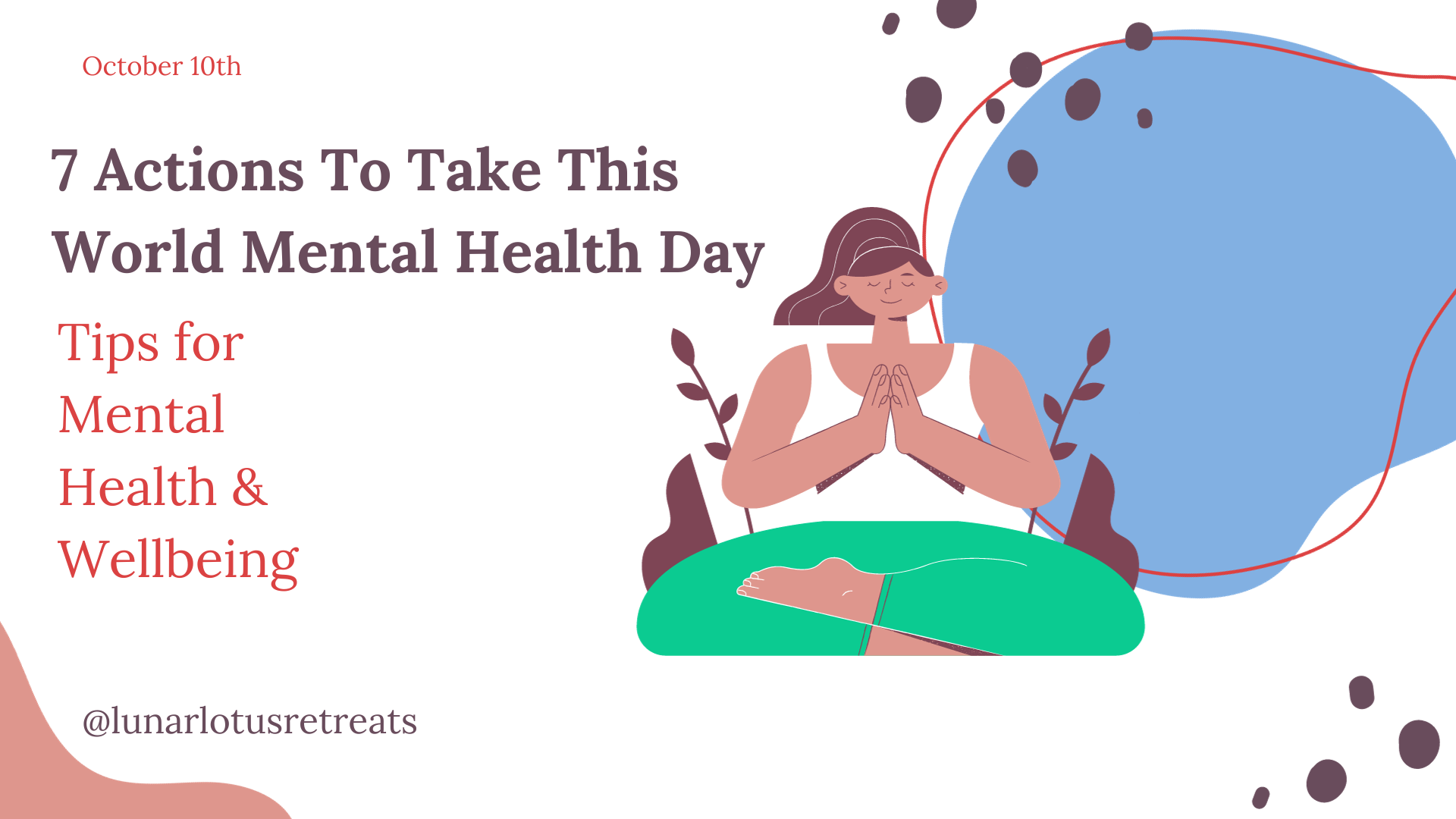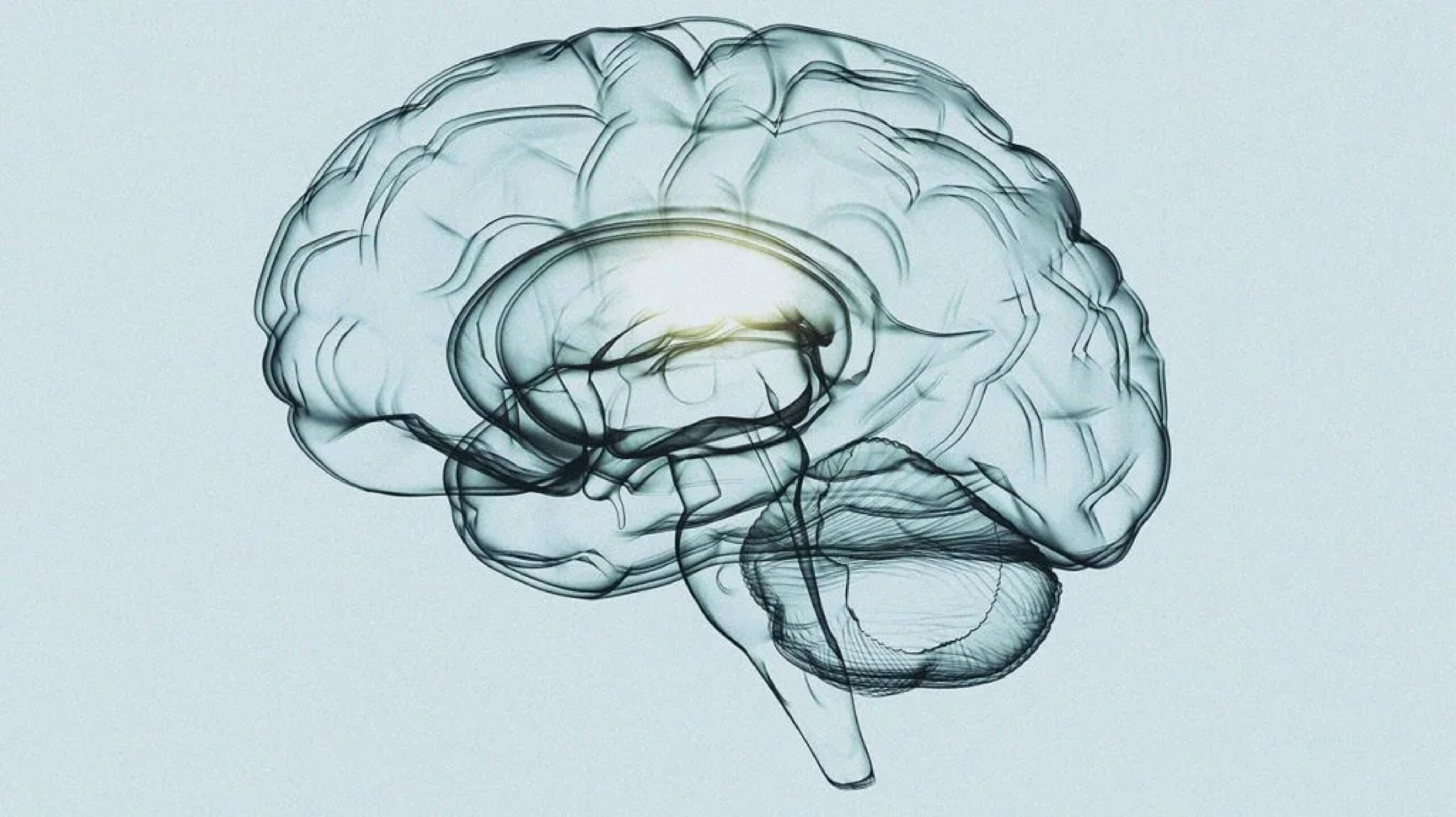What Is Mindfulness? A Simple Definition

Mindfulness is a meditation technique found in Theravada Buddhism, that directs attention to the task at hand in a focused, non-judgmental fashion.
According to Yoga International, mindfulness can be defined as the informal practice of present moment awareness that can be applied to any waking situation. In different words, it’s a way of being actively aware of what you’re doing while you’re doing it.
For example, rather than thinking about the chore that is ‘doing the dishes’ you can instead focus on the sensations of the warm water on your hands, the sound of the sloshing, the rainbow on the edge of the bubbles.
Practicing mindfulness involves various techniques such as focused breathing methods, guided imagery, and other practices to relax the body and mind and help reduce stress.
Mindfulness means living in the present moment
Essentially, it means being (intentionally) more aware and awake to each moment and being fully engaged in what is happening in one’s surroundings – with acceptance and without judgment.
Everyday
Mindfulness
Formal
Meditation Practice
Retreat Practice
Of Mindfulness
Mindfulness Today
3 Different Ways Of Practicing Mindfulness
According to Siegel et al. (2008), there are 3 forms by which one can practice mindfulness. We teach mindfulness techniques using all three of these methods.
In addition to hosting workshops and retreats, we have an online library of downloadable meditations, that we are consistently adding to.
We also are happy to facilitate mindfulness training for your event, or company.
motivation
The Beneficial Effects Of Mindfulness
- Improve Sleep
- Decrease Stress
- Reduce Anxiety
- Weight Management
- Positive Mindset
- Pain Management
- Enhanced Attention

Mindfulness Improves Sleep

Mindfulness Decreases Stress Levels

Mindfulness Reduces Anxiety

Keeping Your Weight Becomes Easier With Mindfulness

Mindfulness Keeps Negative Thoughts Away More Easily

Chronic Panic Can Be Better Managed Through Mindfulness

Enhanced Attention Is A Positive Consequence Of Mindfulness
Resources
Read About Mindfulness

7 Actions To Take This World Mental Health Day

Fight/Flight/Freeze Vs. Pause

The Story of Two Wolves
Breathing for Body & Mind

The Chinese Philosophy of Wu-wei


